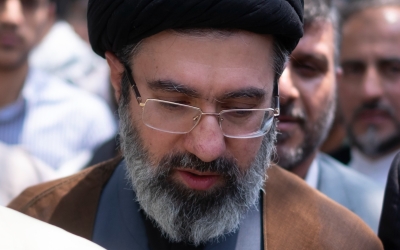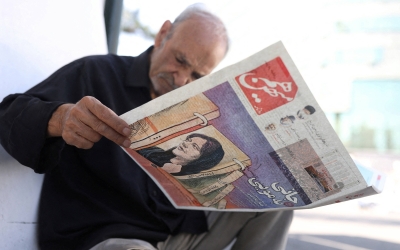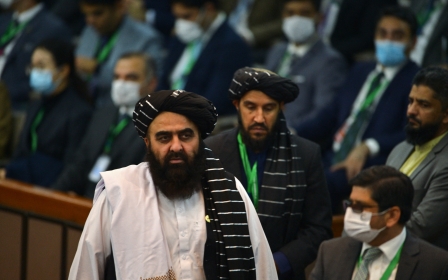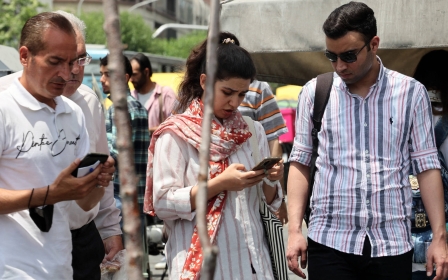Iranian press review: Afghans claim organ theft from deceased relatives in Iran
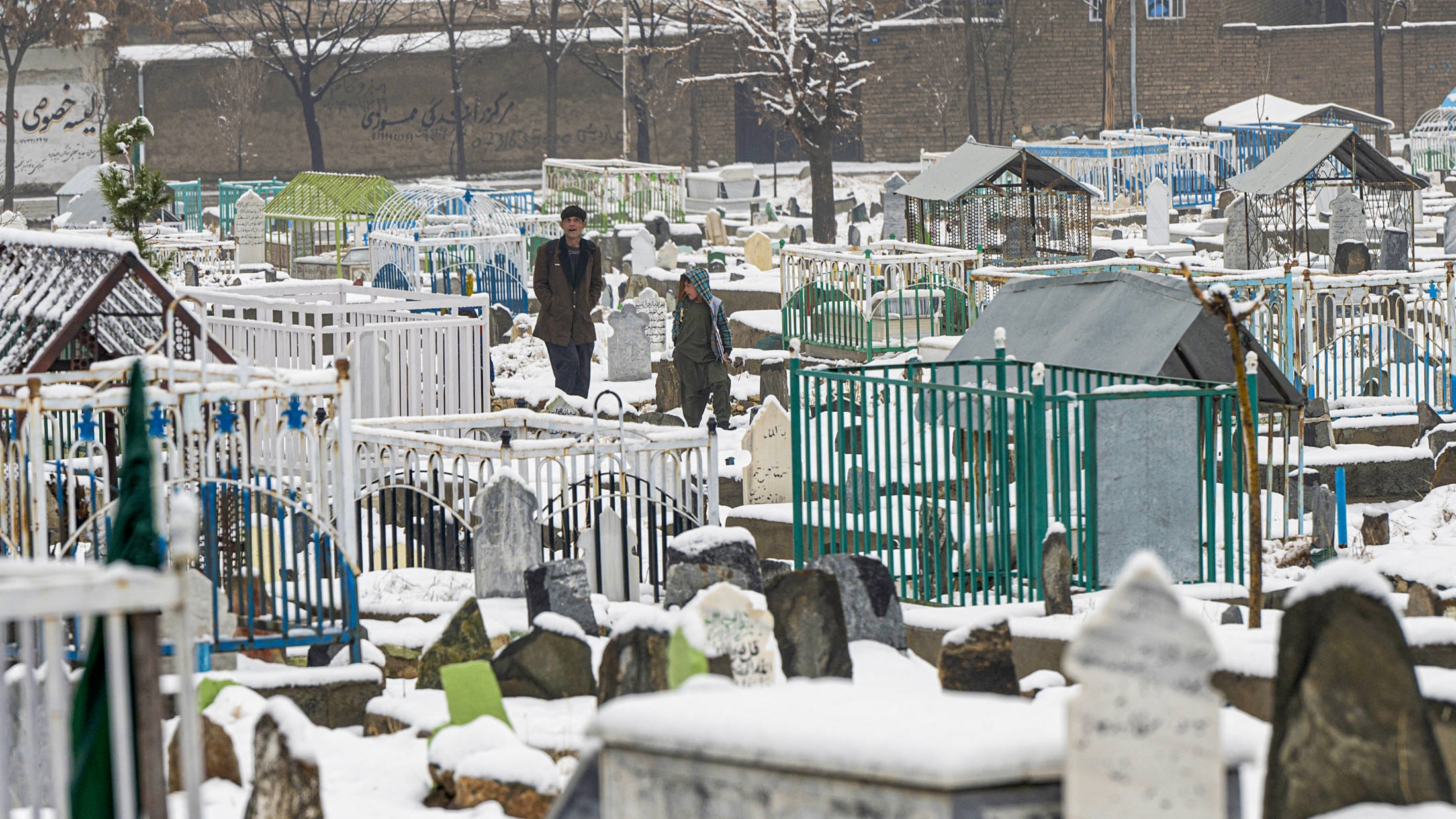
Organ theft from deceased Afghans reported
A group of Afghan citizens, whose family members had died in Iranian cities, claimed that autopsy operations were carried out on their deceased relatives’ bodies and some of their organs were removed, as reported in an investigative piece by the exiled Farsi media outlet, Radio Zamaneh.
Radio Zamaneh published the piece based on testimonies documented by its correspondent in the Afghan capital, Kabul.
A gassal in Kabul, who washes the bodies of the deceased based on Islamic Sharia, told Radio Zamaneh that he receives a few bodies transferred from Iran each month that had undergone autopsy.
According to the gassal, these deceased Afghans are mainly young daily labourers who work in Iran under difficult conditions.
New MEE newsletter: Jerusalem Dispatch
Sign up to get the latest insights and analysis on Israel-Palestine, alongside Turkey Unpacked and other MEE newsletters
Zobir, a resident of the Afghan city of Herat, also reported that his cousin had fallen into a coma after a car accident. Upon transferring his body to Afghanistan, Zobir's family discovered that some of his organs had been removed in Iran.
Ahmad Wamegh and Mohammad Vares, two other Afghan citizens, also relayed the same narrative, stating that the eyes and kidneys were removed from the bodies of their deceased relatives.
However, in a disclaimer, the Amsterdam-based Farsi outlet added: “Radio Zamaneh cannot independently confirm these narratives. Still there is suspicion of this action among Afghan citizens, and the officials of the Islamic Republic [of Iran] must fulfil their duty in answering and investigating these narratives.”
For over four decades, millions of Afghan refugees have lived in Iran under harsh conditions, facing systemic racism.
New minimum wage makes workers poorer, say unions
At the end of the Iranian year, a confrontation between workers' unions and the government escalated over the minimum wage, with the workers' representative emphasising that the new wage would drive labourers further below the poverty line.
Last week, officials and union members engaged in tough negotiations for a minimum wage set for the new year. In the past years, as the country's economic crisis became increasingly grave, the labourers' representative warned that the minimum wage set by the government has dramatically weakened the workers' purchasing power.
On Tuesday, local media reported that the minimum monthly wage for the Iranian New Year was set at 111,070,000 Iranian rials (about $185 on the open market exchange). The decision received strong responses from the unions as the amount is significantly less than what workers needed.
The Mehr news agency reported that workers' representatives abandoned the meeting after officials rejected their proposal for a payment increase. However, labour ministry officials stated that the decision would be implemented next year without requiring approval from the unions.
Meanwhile, the ILNA news agency, which focuses on labourers' news in the country, in interviews with worker activists, said that the new minimum wage needed to be at least two times more than the government's suggestion to avoid increasing the level of poverty in the country.
Alireza Mirghafari, one of the workers' representatives, told the news agency that any increase below 150 million rials would be unacceptable to the workers.
According to the numbers provided by officials, a family of four in major cities with a monthly income of less than 250,000,000 Iranian rials would live below the poverty line.
Pro-reformist daily closes amid government silence
The pro-reformist Aftab daily stopped publication on 20 March, the day of the Iranian New Year, citing a "lack of accountability" from officials in response to reports uncovering corruption and government mismanagement.
Mansour Mozaffari, the editor-in-chief, made the official announcement on Saturday, saying that the decision to cease publication was made to avoid further public embarrassment.
"Despite our efforts to highlight citizen demands, the government's silence has eroded public trust in the media's effectiveness," Mozaffari stated.
In one of its final publications on Monday, under the headline: "The last reminder of unanswered demands," Aftab daily showcased a series of investigative reports covering various issues, including the environmental crisis in Yazd province, the destruction of Persian Cheetah habitats, a corruption case within the tea industry, mismanagement in the National Accommodation Plan, and the unveiling of unfinished projects.
Additionally, the publication included copies of official letters sent to governmental offices seeking follow-up on these reports.
Established in 2001 during the presidency of reformer Mohammad Khatami, Aftab was one of the oldest pro-reformist dailies, having initially started as a weekly publication.
The closure of Aftab Daily is the latest example of authorities' pressure on critical media and journalists.
* Iranian press review is a digest of news reports not independently verified by Middle East Eye
Middle East Eye delivers independent and unrivalled coverage and analysis of the Middle East, North Africa and beyond. To learn more about republishing this content and the associated fees, please fill out this form. More about MEE can be found here.


